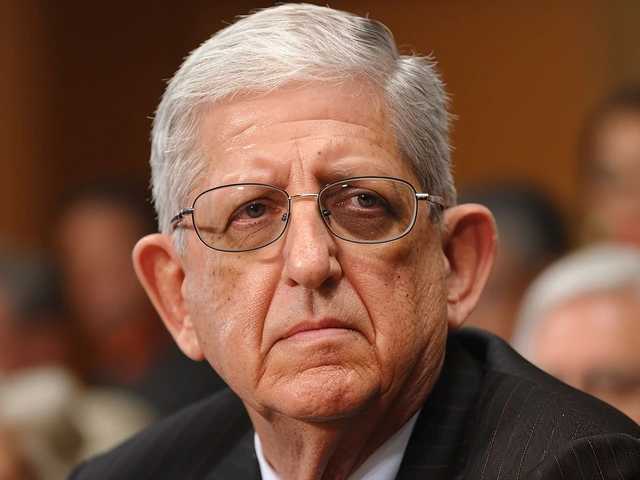Resumption of Visa Issuance Between Nigeria and UAE: A Milestone in Diplomatic Relations
The United Arab Emirates (UAE) has officially lifted the visa ban on Nigerians, and both nations have resumed the issuance of visas. This crucial development was joyfully announced by Alhaji Mohammed Idris, who serves as the Minister of Information and National Orientation in Nigeria. According to Minister Idris, the resumption of visa issuance represents a significant step towards enhancing diplomatic relations between Nigeria and the UAE, which have experienced periods of strain over the past years.
A Welcome Change for Travelers and Business Operators
The end of the visa ban is expected to have far-reaching consequences for citizens of both countries. For Nigerians, the ban had created substantial roadblocks for travel, both for leisure and business purposes. Families were separated, vacations were postponed, and business deals were placed on indefinite hold. This new development thus opens the floodgates for renewed travel between Nigeria and the UAE. For businesses, the move heralds a much-needed resumption of commercial activities, partnerships, and investments, promising economic benefits for both nations.
The Underlying Political and Diplomatic Tensions
Before the resumption of visa issuance, Nigeria and the UAE were caught in a web of diplomatic disagreements. Although details of these tensions were often shrouded in diplomatic language, sources have indicated that issues ranged from economic sanctions to disagreements over airline landing slots. The political atmosphere was tense, and stakeholders on both sides have been working tirelessly behind the scenes to find a resolution. The announcement by Minister Idris marks the culmination of these efforts and the beginning of a renewed chapter in Nigeria-UAE relations.
Impact on Tourism Sector
Tourism is one of the sectors expected to experience immediate benefits from the resumption of visa issuance. The UAE, and particularly Dubai, has long been a favored destination for Nigerian tourists. From luxurious shopping experiences to world-class hospitality, the UAE offers a variety of attractions that appeal to Nigerian travelers. With the resumption of visas, travel agencies and tour operators are optimistic about a surge in bookings, especially as we approach the holiday season. This move will likely rejuvenate the tourism industry, which has suffered significant setbacks due to the ban.
Boost for Educational Opportunities
Another area set to benefit is educational exchanges. The UAE is home to several prestigious educational institutions that attract Nigerian students. With the visa ban lifted, students can now easily apply for visas and travel for their studies. Previously interrupted academic plans can be resumed, strengthening educational ties between the two countries. This renewed opportunity will not only benefit the students but also contribute to the UAE’s goal of becoming an educational hub in the Middle East.
Economic Prospects and Trade
The economic landscape also stands to gain from this diplomatic breakthrough. Improved ease of travel means enhanced opportunities for trade, business partnerships, and investments. Nigerian businessmen and women, who have long sought to expand their ventures into the UAE, can now proceed without the cumbersome visa restrictions. Similarly, UAE investors have found Nigeria to be a fertile ground for investment opportunities, spanning sectors such as real estate, technology, and agriculture. This bilateral openness is anticipated to stimulate economic growth and job creation in both nations.
Critical Reactions and Future Projections
Reactions to the lifting of the visa ban have been overwhelmingly positive. Social media platforms have been abuzz with celebratory messages from citizens and business communities alike. Political analysts view this development as a strategic move that will solidify Nigeria’s position as a key player in global diplomacy. Looking ahead, the resumption of visa issuance could pave the way for even more collaborative efforts, including cultural exchanges, joint ventures, and strategic partnerships in sectors such as oil and gas, construction, and information technology.
Conclusion
In conclusion, the resumption of visa issuance between Nigeria and the UAE is a landmark development with broad implications. Announced by Alhaji Mohammed Idris, this move is expected to rejuvenate travel, business, and diplomatic relations between the two nations. As families reunite, tourists pack their bags, and business deals get inked, the positive impacts of this decision will be felt across multiple sectors. It’s a turning point that promises a brighter, more interconnected future for both Nigeria and the UAE.






Write a comment